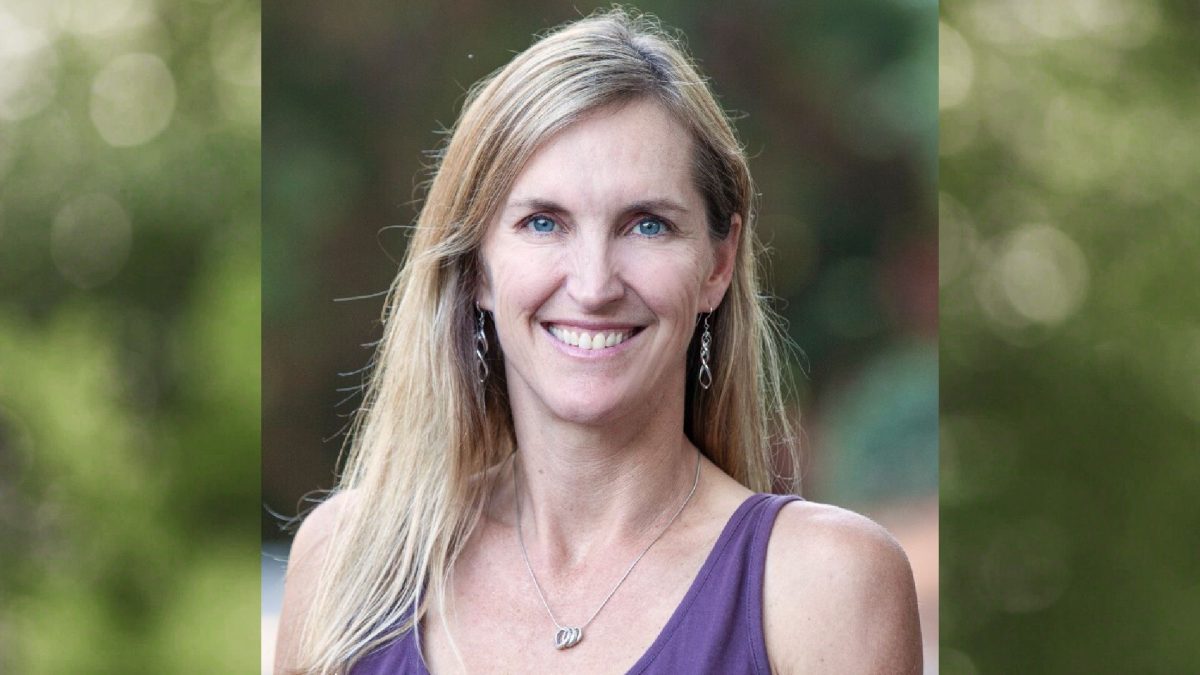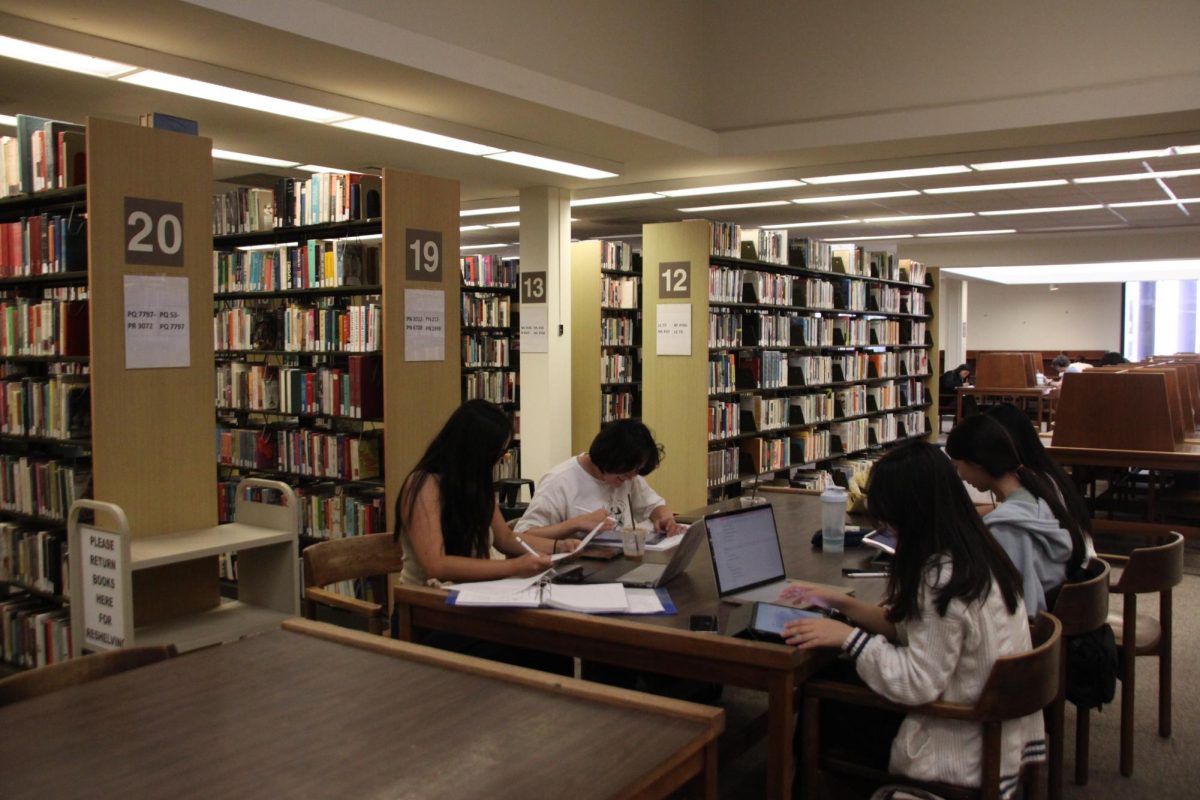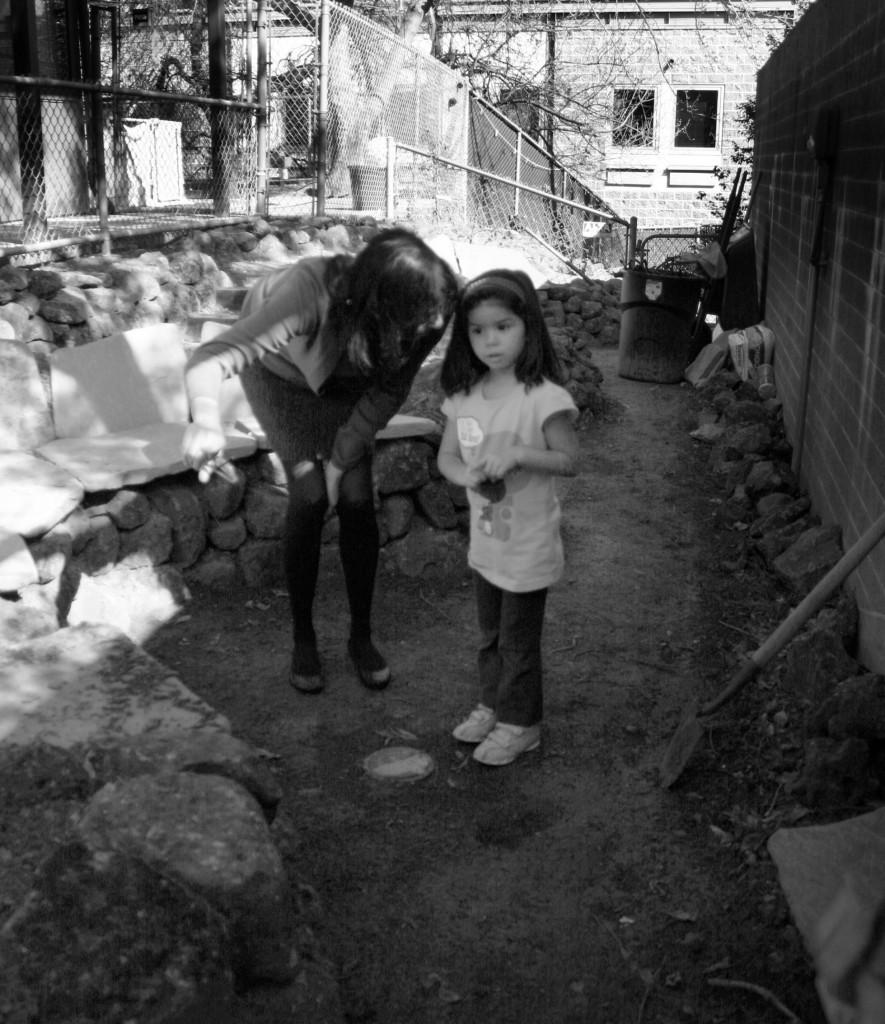DVC’s Early Childhood Education, also known as ECE, community is working together to create an organic garden on campus.
The garden is more than merely rows of evenly spaced vegetables.
It’s a diverse permaculture program which allows students to practice theories learned in the classroom while exposing children to the marvels of nature and the origins of food.
Keith Mikolvich, an English professor at DVC, has a one year old son in the preschool,
The preschool also acts as a lab where the ECE class can practice what they learn.
Mikolvich describes permaculture as a program dedicated to creating a permanent culture in agriculture.
Soil cultivation, rock laying, weed picking, bed tending and general garden maintenance are done by parents, students, children, and ECE staff.
“It’s a labor of love of parents and students and all of us,” said Joan Symonds, who is a professor at the college and the ECE director.
Paula Valenzuela, who is currently a student, has a four year old in the ECE program currently.
“For me, its comfortable to work here. It’s going to be beautiful when we’re finished here” said Valenzuela.
Fruits and vegetables harvested in the garden are used in the classroom to teach cooking and nutrition to the preschool’s children.
In a lesson designed by student teachers to teach children about plants’ roots while encouraging nutrition, carrots are juiced and used to make carrot juice.
The pulp gathered from the juicing process is then collected to be made into carrot muffins later.
Student teachers are responsible for creating lessons plans based on the children’s questions of how plants grow and what plants need to grow.
The program encourages everyone to be involved in the learning process though inquisition.
“Its not just opening up their heads and pouring in knowledge,” said Symons
The ECE center was a cement dominated landscape when Symons first became director in 1994.
It was her concern that children are becoming more disconnected from nature that led her to begin an on going project to transform the playground.
Enlisting the help of DVC’s Buildings and Grounds, Horticulture Department, and limitless volunteers, Symonds had the original playground demolished and transformed into an areas dominated by lawns of luscious green grass and fragrant rosemary bushes.
“My goal is to become a model of how we can incorporate permaculture and nature in early childhood education programs,” said Symonds.
Amidst the chaos of construction, Syoms finds solace in a place she refers to as the Meditation Garden.
The area will be located between the two preschool buildings. The intention is that the garden becomes a place where students and teacher can go just to reflect and relax.
She said it’s an area she hopes to transform into a peaceful and relaxing retreat for adults and children.
Behind stone benches carved into the landscape, young espalier apple trees offering different apple varieties line the perimeter of the space.
The stones are carefully placed by Mikolavich, who earned the name “rock whisperer” for his ability to find the perfect spot for different rocks.
The rocks also indicate the place for spring plantings of strawberries and herbs.
Samantha Fraguas, an ECE major and student teacher in the ECE program, helped start the program at the preschool that teaches children the growth stages of a bean.
“I think it’s great because it teaches children to make to make the connection to where their food comes from,” Fraguas said. “It allows them a chance to see things they’ve never seen before.”
While she’s not sure if the children will remember everything they’ve learned, she said that she’s “planting a seed” and hopefully at one point they will remember.
The organic garden has become an inspiration and a goal that students, teachers, and children can work toward together.






































































